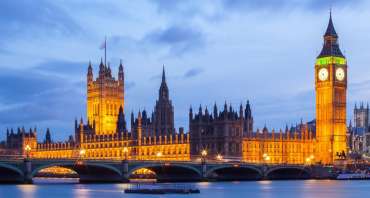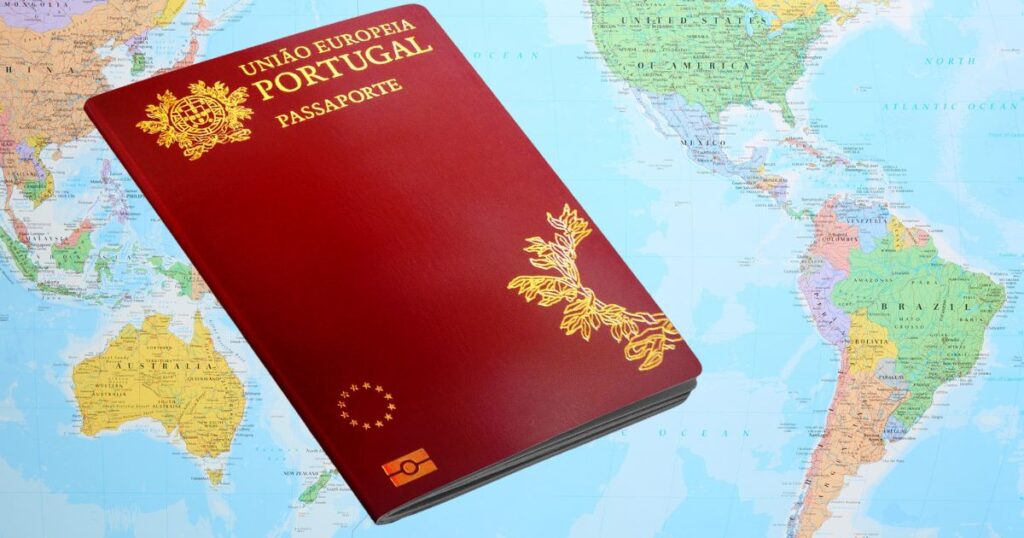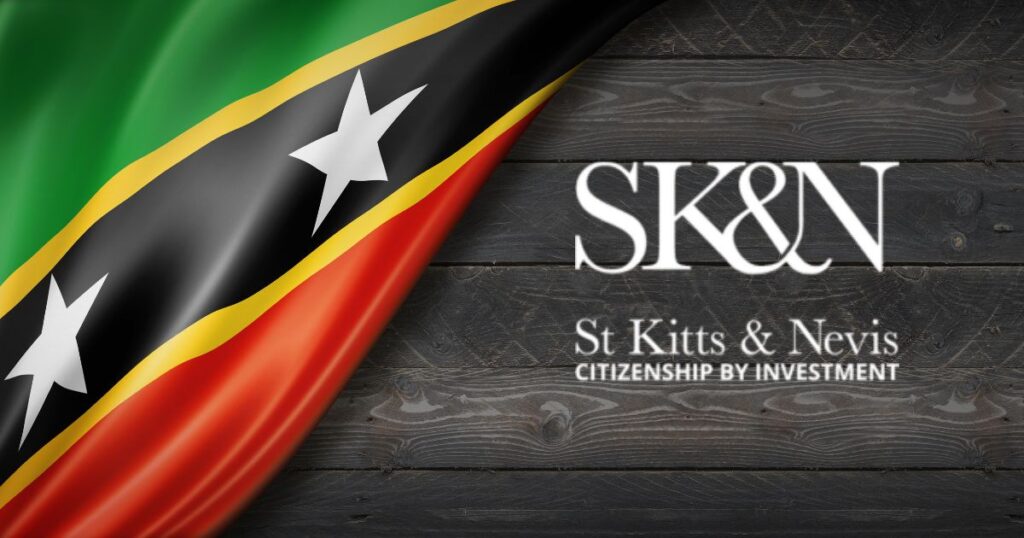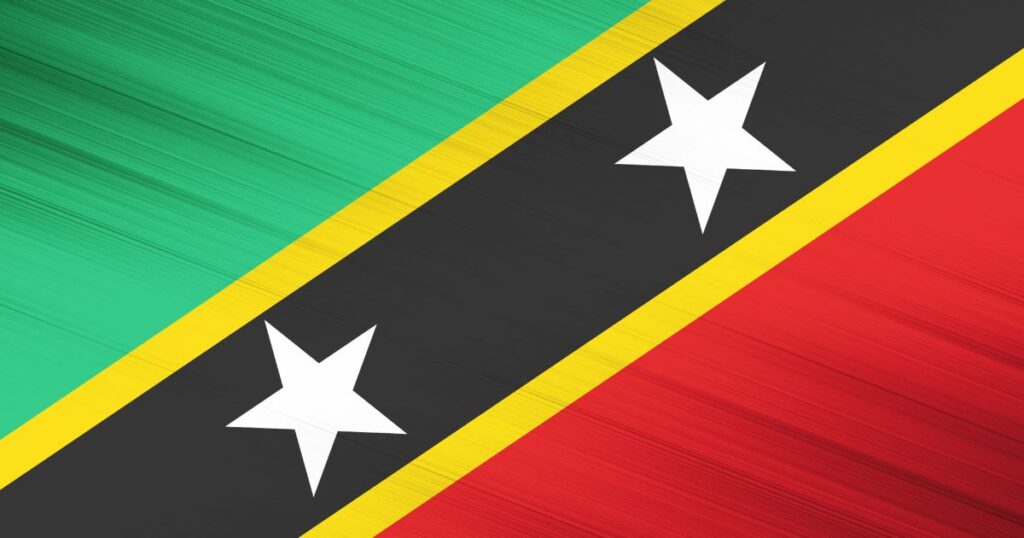UK is one of the few countries in the world that has more than one citizenship status. There are 6 types or classes of British nationality. Different rules apply to each citizenship status from immigration, passports and consular assistance.
Take a look below
- British citizenship
- British overseas territories citizen
- British overseas citizen
- British subject
- British national (overseas)
- British protected person
Below is the fundamental differences with each citizenship status.
| Category | Active | British passport |
Consular assistance from UK diplomatic posts |
Exempt from UK immigration control |
|---|---|---|---|---|
| British Citizen | ✔️ | ✔️ | ✔️ | ✔️ |
| British Overseas Territories citizen | ✔️ | ✔️ | ✔️ | ✔️(Gibraltar) |
| ❌(other territories) | ||||
| British Overseas citizen | ❌ | ✔️ | ✔️ | ❌ |
| British subject | ❌ | ✔️ | ✔️ | ✔️(with right of abode) |
| ❌(without right of abode) | ||||
| British National (Overseas) | ❌ | ✔️ | ❌ (also Chinese in China, Hong Kong, Macau) | ❌ |
| ✔️(other nationalities and/or other places) | ||||
| British protected person | ❌ | ✔️ | ✔️ | ❌ |
Source: Wikipedia
Right to Abode
The Right to abode is in an important benefit of citizenship status. It is an immigration status in the United Kingdom that gives a person the unrestricted right to enter and live in the UK, should not be confused with permanent resident status (ILR) in the United Kingdom.
ROA is only available for these two categories
- British citizens
- Certain British Subjects and Commonwealth citizens who had the right of abode immediately before 1 January 1983 and who have not, since then, ceased to be Commonwealth citizens
The Right to above can be proved by showing
- a UK passport describing them as a British citizen
- a UK passport describing them as a British subject with the right of abode in the UK
- a certificate of entitlement to the right of abode
British Citizen
British citizenship is the most common type of British nationality, and the only one that bestows automatic right of abode in the UK and also hold a British passport.
This citizenship status can be acquired by any eligible person at birth or by naturalisation or registration through a connection with the United Kingdom, Channel Islands and Isle of Man (“United Kingdom and Islands”); the Falkland Islands; or, since 2002, one of the remaining British Overseas Territories (BOTs), except Akrotiri and Dhekelia
- British Subject
- British subjects (as defined in the 1981 Act) are British subjects who were not CUKCs or citizens of any other Commonwealth country. Most derived their status as British subjects from British India or the Republic of Ireland as they existed before 1949.
British National (Overseas)
British overseas territories citizens from Hong Kong who did not register as British nationals (overseas) and had no other nationality or citizenship on 30 June 1997 became British overseas citizens on 1 July 1997.
UK Government on Jul 1, 2020 announced they will open a new immigration route offering Limited leave to remain for 5 year (residency rights) to BN(O) nationals in Hong Kong, after China’s imposition of a national security law on Hong Kong. Some 2.5 million people from Hong Kong is expected to benefit from this.
- British National (Overseas) (BN(O))
- The status of BN(O) was created by the Hong Kong Act 1985 and the British Nationality (Hong Kong) Order 1986. BN(O)s are BDTCs with a connection to Hong Kong who applied for registration as BN(O)s before the handover of Hong Kong to the People’s Republic of China.
- British protected person (BPP)
- BPPs derive from parts of the British Empire that were protectorates or protected states with nominally independent rulers under the “protection” of the British Crown, not officially part of the Crown’s dominions. The status of BPP is sui generis – BPPs are not Commonwealth citizens (“British subjects”, in the old sense) and were not traditionally considered British nationals, but are not aliens either.
British Overseas Territories Citizen (BOTC)
BOTC is the form of British nationality held through connection with any British Overseas Territory (BOT). It is possible to hold BOTC and British citizenship simultaneously.
The qualifying overseas territories are:
- Anguilla
- Bermuda
- British Antarctic Territory
- British Indian Ocean Territory
- British Virgin Islands
- Cayman Islands
- Falkland Islands
- Gibraltar
- Montserrat
- Pitcairn Islands
- Saint Helena, Ascension and Tristan da Cunha
- South Georgia and the South Sandwich Islands
- Turks and Caicos Islands





